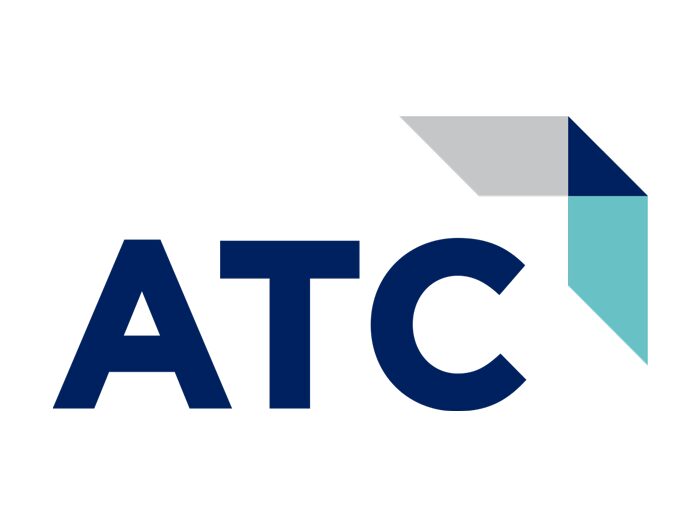
In today’s cloud-driven environment, CIOs and CTOs ultimately are tasked with performing at the application layer – layer 7. If the applications that run the business don’t perform, everything breaks down. No Office 365, no email. No Salesforce, no customer relations. No ConnectWise, it didn’t happen. No ERP, no dice.
(This article, written by ATC’s Louie Hollmeyer, appeared in the Fall issue of LEAD magazine. Check out the PDF here.)
While cloud services and cloud computing are all the rage due to scalability, low cost, beefy features and functionality and availability, the networking components of the cloud are frequently over-looked or addressed as a total afterthought.


In fact, existing networks are being stretched beyond their capabilities and intended lifespans, leading to more application downtime and higher support costs. Fortunately, more reliable and improved Internet access has made it possible to push more networking management functions to the cloud.
By leveraging next-gen IT technologies like Networking as a Service (NaaS) and Software-Defined Wide-Area Network (SD-WAN), IT leaders are finding they can get centralized management, visibility and control without the cost and complexity of controller appliances or over-lay management software. This is often referred to as cloud networking or cloud-based networking.
Cloud networking is a form of Software Defined Networking (SDN) technology, in which groups of networking switches and access devices can be deployed over the wide area network as shared, virtual resources.
CBTS has its own flavor of cloud networking built from the ground up for cloud management and delivered with centralized management. It also includes layer 7 device and application visibility with real-time diagnostics, monitoring and reporting. (See the ATC-CBTS cloud networking ad here.)
Here’s how the CBTS solution works:
- Reliable, high-performance wireless APs, switches, and security appliances are deployed at your remote locations.
- NaaS devices automatically connect to the Cisco Meraki cloud over SSL, register with your network, and configure.
- Visibility is provided over your entire network via the web. View thousands of devices, run diagnostics, or view reports with a few clicks from a single pane.
- Tasks such as RF optimization and VPN configuration are automated by the cloud, while firmware updates and application signatures are seamlessly deployed over the web.
Key benefits include:
- Rapid deployment with self-provisioning, self-optimizing hardware.
- Configuration is handled for you. Automated monitoring and alerting.
- Future-proof and always up-to-date, with seamless over-the-web firmware updates; new features delivered quarterly.
- Predictable monthly pricing with enterprise-grade software and hardware in a tech refresh cycle, eliminating technology obsolescence.
- Access to real-time analytics leads to informed business decisions and accelerated revenue.
The rate of cloud adoption, and thus cloud networking, has continued to rise. As more CIOs and CTOs remain plagued by the costs of managing aging infrastructure while dealing with the ultra-high demand to deliver availability, security and performance, cloud networking services will become increasingly popular.










